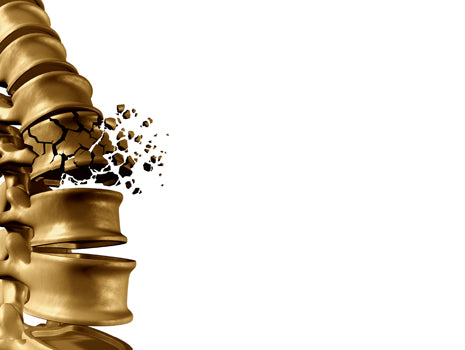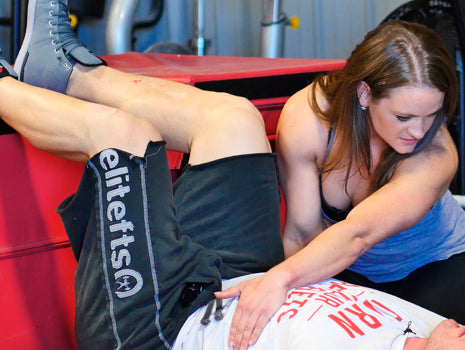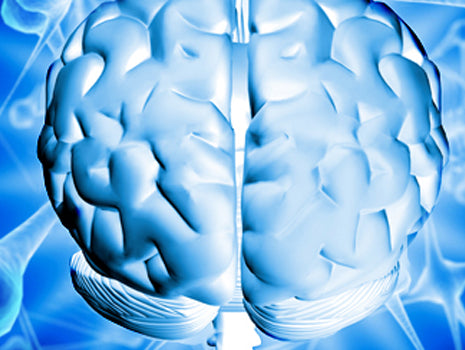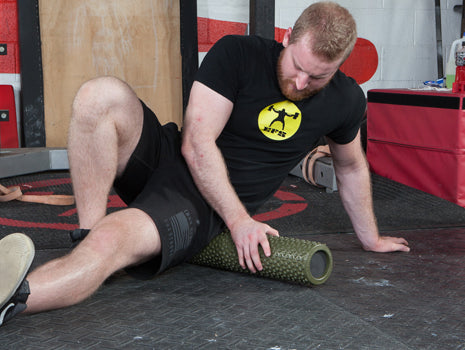Rehab & Recovery
Understanding Groin Injuries: Complex Groin Injuries
When a doctor who knows how I train gave me his diagnosis, I had no idea what to do because I hadn’t met anyone that had this constellation of stuff. Neither had he. The best foundation we came up with was based on the same principles in the previous articles.
3 Things Physical Therapy School Taught Me About Being A Strength Coach
I could write a big article covering every detail about physical therapy and strength coaching, but I’ve chosen to spare your computer screen space and discuss the most important topics about what physical therapy school taught me about being a strength coach.
Can A Hickey Help Your Recovery?
This isn't a hickey from your teenage years; the kind of hickey I'm talking about is created from a recovery modality known as "cupping." Does cupping work, or is it just a fad that could leave you bruised and broken? OK, it DOES leave bruises, but broken? Not so much.
Understanding Groin Injuries: Tendon Injuries
Tendon injuries suck. The healing process for tendon injuries is slower than it is for muscle tears. If you ended up rupturing your tendon, you may require surgery. But there are still some things you can do in terms of rehabbing certain tendon injuries...
Why Your Bones Need Time to Recover
We’re starting to see more and more bone injuries. We’ve seen it in powerlifting, where all of a sudden, if someone, especially younger lifters — they don’t have enough time to lay down that bone properly — I’ve seen bones actually snap. That's why recovery is so important.
The Ghost in the Machine
Your body is like a race car. Even the best race cars break and wear parts down. When one of those things breaks, it, in turn, puts added pressure on other parts, which are then at risk of breaking. Take your foot off the gas pedal every now again and recover.
Understanding Groin Injuries: A Muscle Tear
The biggest thing you need to take away from muscle tears is that the healing process is largely chemically based and physiologically mediated in order to remedy the mechanical disruption and restore (again) mechanical strength.
Adjusting to Life Post-Hip Replacement
After undergoing a hip replacement surgery and another surgery on my other hip, it goes without saying I've had to adjust how I train. But let me just say, I am so glad I went through with these procedures. The pain is worth it, I promise.
Understanding Groin Injuries: A Primer
I’m not going to lie, I’ve had a number of injuries through my training, but Dave was right: groin injuries are a different beast, and the nature of the beast is going to depend more fully on what actual tissue was affected.
Keyboard Warriors Need to Stop!
People with similar issues can respond differently to the same treatments, so having multiple solutions is a great way to increase the likelihood of success. As for arguing about different solutions with experts on the internet? Not so great.
Troubleshooting Strength Injuries: Dealing with Injury
For those of you who are currently dealing with a significant injury, this article, the fifth and final part of the Troubleshooting Strength Injuries series, will help serve as a road map to recovery.
FAI and the Rehab Process: The IT Band as the Root of All Problems
Soft tissue therapy is an undeniably important aspect of the rehab process of Femoro-Acetabular Impingement, but there's a commonly overlooked aspect as well: the iliotibial band, or IT band, which is often a major player in the cause of FAI.
















